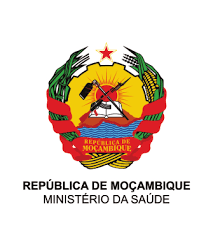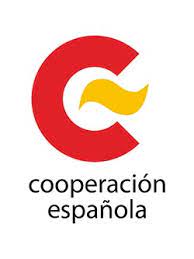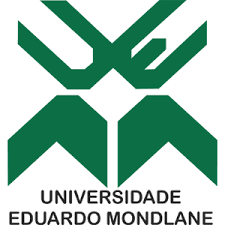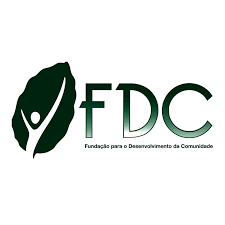Improving Access to Family Planning and Contraceptive Services in Rural Districts of Nampula Province, Mozambique (ACESS - MOZ)
The aims to improve access to family planning and contraceptive services for remote females in Meconta and Nacala-a-Velha districts of Nampula Province, Mozambique. This province has coverage of family planning of about 38% with a higher fertility rate (about 6), early pregnancies (affecting women of 10-14 years) and significantly poor maternal outcome (maternal death, obstetrics fistulas, stillbirths and neonatal deaths). In Meconta, which hosts a significant number of refugees fleeing conflict in Cabo Delgado, we will address the unique challenges faced by this population in accessing healthcare services, especially adolescent and young women aged 12-24 years old. The cultural context in Meconta is characterized by strong adherence to traditional beliefs and practices, compounded by the influx of refugees, which presents additional barriers to healthcare access. In Nacala-a-Velha, we will focus on overcoming socio-cultural barriers and promoting gender equity to ensure equitable access to sexual and reproductive health services for adolescents and young women aged 12-24 years old. Nacala-a-Velha district, located on the coast, has its cultural nuances shaped by Muslim predominance.





